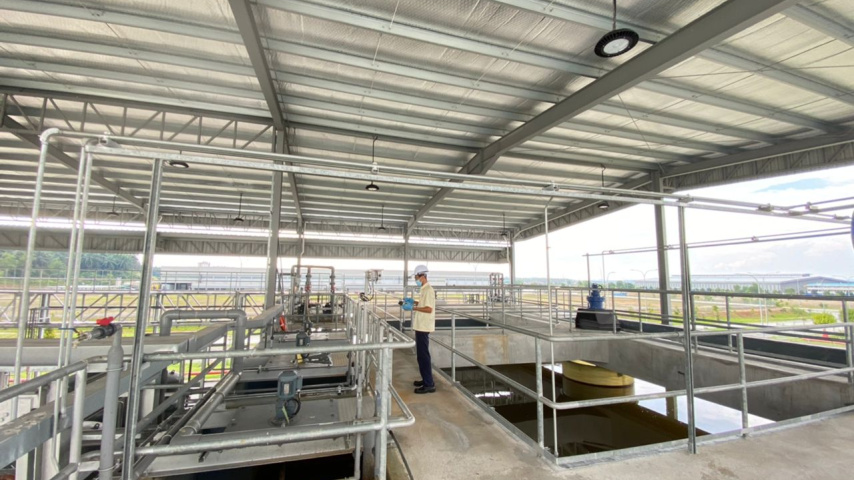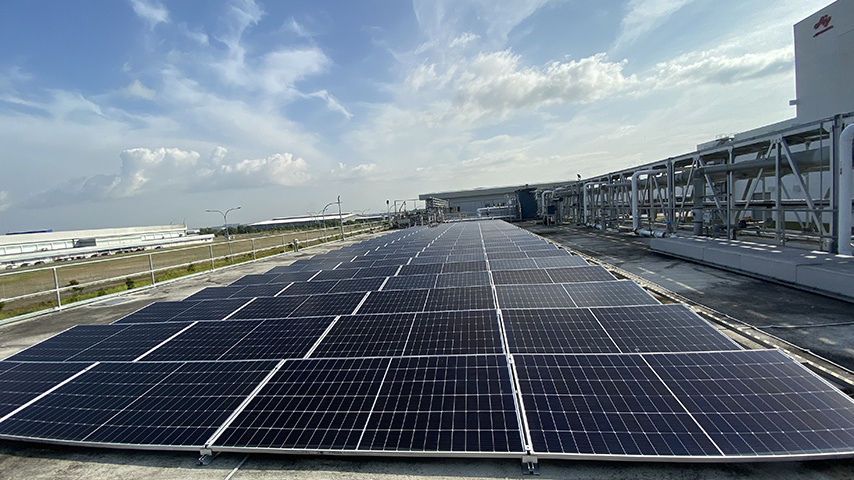Food Waste: A Call to Action

Food waste is a global problem. One-third of all edible food is thrown away each year, causing environmental issues and access to food. Finding sustainable solutions to food waste is essential for creating a resilient food waste management system.
The Alarming Reality of Food Waste (Malaysia)
Food waste in Malaysia is a staggering 8.3 million metric tonnes annually, marking an alarming trend in the nation's food management practices. To put into perspective, each individual contributes approximately 259.82 kilograms to this unsettling statistic.
Source: Malaysia needs to tackle its staggering food waste problem - Teresa Kok.
Moreover, Malaysia witnesses the disposal of up to 17,000 tonnes of food waste daily. Astonishingly, a significant portion of this waste, totalling 4,005 tonnes (24%), remains edible—an avoidable loss that could have been harnessed to nourish those in need
Source: Malaysia throws away 17,000 tonnes of food daily.
Why Reducing Food Waste Matters
Reducing our overall footprint when it comes to food isn't merely about cutting down waste; it’s fundamentally about smarter resource use for a sustainable future where everyone has access to enough nutritious food day after day.
Why does reducing food waste matter? The answer is vitally tied back to economic, environmental, and social dimensions.
Economic Impact
- Individuals: Reducing food waste translates to tangible financial benefits at a personal level. By minimising the discard of edible items and optimising their grocery budgets, individuals can stop wasting food and save more.
- Businesses: Businesses, such as restaurants and supermarkets, curbing more food waste becomes crucial for financial sustainability. Enhanced inventory management, reduced spoilage, and efficient supply chains contribute to improved profitability.
- Nation: Food waste has profound economic repercussions on a national scale. It affects agricultural productivity, transportation costs, and waste management expenses. Diverting surplus food to those in need can alleviate these economic burdens.
Environmental Impact
- Greenhouse gas emissions: Food waste significantly contributes to climate change. The organic matter in landfills decays, producing methane, a gas particularly efficient at absorbing heat. Reducing waste helps environmental conservation.
- Resource depletion: As food production involves precious resources, it is evident that the process can be risky, exposing both producers and consumers to countless threats. Minimising waste ensures the sustainable use of finite resources.
- Landfill issues: Bulging landfills puts pressure on the food wasted, breaks it apart, and releases tonnes of leachate so that soil and water become infected. Providing for less waste is a remedy for such a problem as overflowing landfills.
Social Impact
- Food security: The use of food production waste to end hunger and malnutrition is likely to be achieved. This way, food sharing minimises waste of needed food products, which provides for those who do not have enough to eat.
- Ethical concerns: Throwing away food that could be eaten by the hungry creates a moral dilemma. Recognising the responsibility to share resources equitably becomes paramount, urging a collective effort to address hunger on a broader scale.
- Community engagement: Initiatives to reduce food waste foster community involvement. Programs like food banks, shelters, and rescue initiatives connect people, promoting solidarity and shared responsibility.
Taking Action: Ways to Reduce Food Waste in Malaysia

Now, taking concrete steps towards reducing food waste requires a multi-faceted approach. Awareness is key. By educating ourselves and others about the impact of food waste, we can start to make mindful choices that contribute to a larger solution.
Individuals
- Creative use of leftovers: Malaysians can embrace creativity in the kitchen by repurposing leftovers into new and exciting dishes. Transforming excess rice into fried rice are excellent ways to minimise individual food waste.
- Mindful portion sizes: Mindful portioning during meal preparation and dining out can significantly reduce food waste at the individual level. Opting for smaller portions and gauging hunger before seconds can help avoid unnecessary leftovers.
- Understand food labels: Educate the public on interpreting food labels such as 'best before' and encourage reliance on sensory cues like colour, texture, and smell to assess food freshness, helps to reduce unnecessary food disposal.
Businesses (Restaurants and Supermarkets)
- Track stock data: Implementing effective stock management systems is beneficial. Adopting the FIFO (First in, First out) principle ensures that older products with close monitoring to expiry are used first and that less food is wasted.
- Donate edible waste: Encourage the food industry to cooperate with different food banks and charities so that they can donate their well-preserved and edible foods. This sustains inclusive business, facilitates the redistribution of extra resources to the people who are in need.
- Sell slightly damaged produce: It is unnecessary to throw away slightly chipped goods; businesses can sell them at a discounted price. By giving discounts, consumers can reject perfect aesthetic standards and, thus, reduce waste.
Government and Policymakers
- Research and development: To grow sustainable food systems, one has to encourage research and development investment. Efforts to raise production efficiency, reduce food wastage, and improve distribution areas can have a multiplier effect.
- Educational campaigns: Run a nationwide education campaign emphasising reducing waste and heightening people's consciousness about food waste. Empower localities with hands-on practices and skills to minimise waste daily.
- Promote home-grown produce: The government funding of community farming projects and home-gardening initiatives can aid in the growth of locally produced. This contributes to shorter transportation distances, decreasing the environmental impact.
Ajinomoto Malaysia in Food Waste Reduction

In the journey toward sustainability, Ajinomoto Malaysia has taken significant steps to address food waste. With a bold target to cut down food waste by 75% across the entire production chain by 2031, Ajinomoto is setting a benchmark for others in the industry.
The strategy focuses on refining manufacturing processes and innovative recycling of rejected products. This approach transforms waste into valuable resources, such as animal feed and fertiliser, showcasing a commendable cycle of reuse and sustainability.
Furthermore, 2023 highlights the urgency and the scale of the challenge at hand. The factory in Kuchai Lama recorded 81.64 tonnes and Bandar Enstek at a staggering 189.3 tonnes of food waste, it's clear that Ajinomoto Malaysia's initiative is not just ambitious but necessary.
By collaborating with specialised contractors to manage this conversion process effectively, we are pioneering in creating a sustainable ecosystem within our operations. Ajinomoto Malaysia is indeed paving the way where every bit of 'waste' finds a new purpose.


